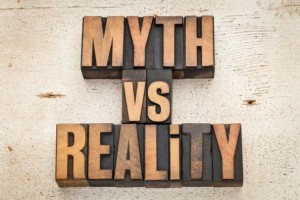 Today’s top story: How to help your parents navigate health care in retirement. Also in the news: What to buy (and skip) in January, borrow a 2022 money goal from a finance nerd, and would you relocate for $10K?
Today’s top story: How to help your parents navigate health care in retirement. Also in the news: What to buy (and skip) in January, borrow a 2022 money goal from a finance nerd, and would you relocate for $10K?
How to Help Your Parents Navigate Health Care in Retirement
Try these tips to be the best advocate for your parents when and if they need your help.
What to Buy (and Skip) in January 2022
New tips for the new year.
Need a 2022 Money Goal? Borrow One From a Finance Nerd
Set yourself up for success by setting reasonable goals, breaking them down into smaller steps and being persistent.
Would You Relocate for $10K? Should You?
Before you pack your bags, read the fine print, talk to your employer and assess your own deal-breakers.
 Today’s top story: A year-end checklist to make the most of retirement age. Also in the news: How the government’s next step to fight inflation could impact savers, myths about iBuyers, and why you shouldn’t spend a dollar to save a nickel on gas.
Today’s top story: A year-end checklist to make the most of retirement age. Also in the news: How the government’s next step to fight inflation could impact savers, myths about iBuyers, and why you shouldn’t spend a dollar to save a nickel on gas.  Today’s top story: The surprising change in airfares since last year. Also in the news: Smart Money Podcast on holiday shopping report and retirement plan options for self-employed people, and Fitbit Black Friday 2021 deals.
Today’s top story: The surprising change in airfares since last year. Also in the news: Smart Money Podcast on holiday shopping report and retirement plan options for self-employed people, and Fitbit Black Friday 2021 deals. Today’s top story: 3 Signs you’re ready to retire. Also in the news: 2022 Tax bracket, and buying budget tech.
Today’s top story: 3 Signs you’re ready to retire. Also in the news: 2022 Tax bracket, and buying budget tech.